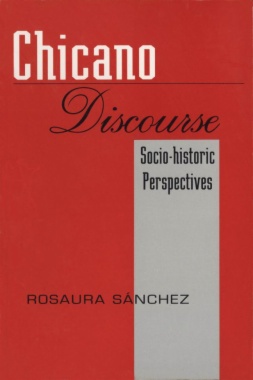This is the first book to formulate a theoretical framework to explain the relation between verbal interaction and societal factors. Topics include: the Chicano Population as a lingual and national minority residing in the Southwest; speakers who continue to use Spanish as their informal language; Chicano Spanish in terms of varieties, fields of discourse and participants; and code-switching.
- Cover
- Title page
- Copyright page
- Contents
- Preface
- Introduction
- Chapter l The Mexican-Origin Population:
- A National and Lingual Minority
- Historical and Social Factors
- Immigration and Employment
- Socio-Economic-Demographic Factors and Language
- Cultural and Ideological Constraints
- Language and Culture
- Chapter 2 Chicano Bilingualism: Participants and Domains
- Language-Nativity-Origin
- Language and Age
- Bilingualism and Language Domains
- Bilingual Education
- Language Choice
- Summary: Language Use
- Chapter 3 Theoretical Assumptions
- Discourse
- Social Interaction and the Labor Process
- Theory and Methodology
- Review of Studies on the Spanish Language and Chicano Spanish
- Chapter 4 The Spanish of Chicanos
- Rural Varieties
- Urban Varieties
- Loan Words: Historical Context
- Loan Words: Functions and Semantic Properties
- Caló
- Summary
- Chapter 5 Code-Switching Discourse
- Family Constraints in Code-Switching
- Metalingual and Linguistic Factors
- Cohesion and Coherence in Code-Switching
- Connotations and Denotations in Chicano Code-Switching
- Speech Acts
- Ideological Code-Switching
- Conclusion
- Author Index
- Subject Index

